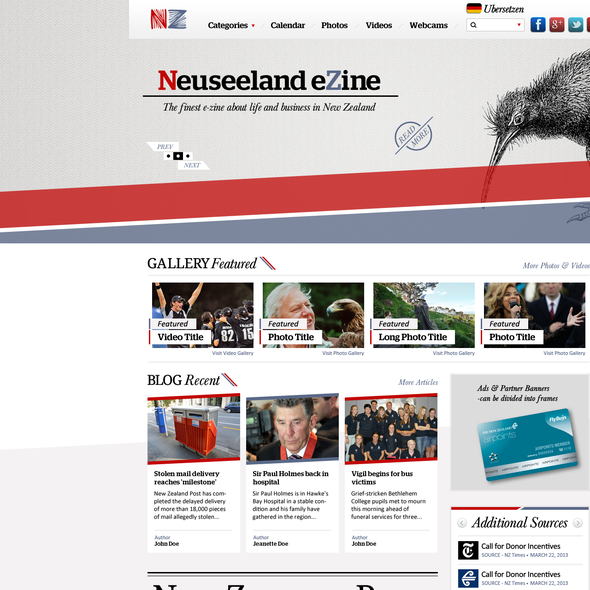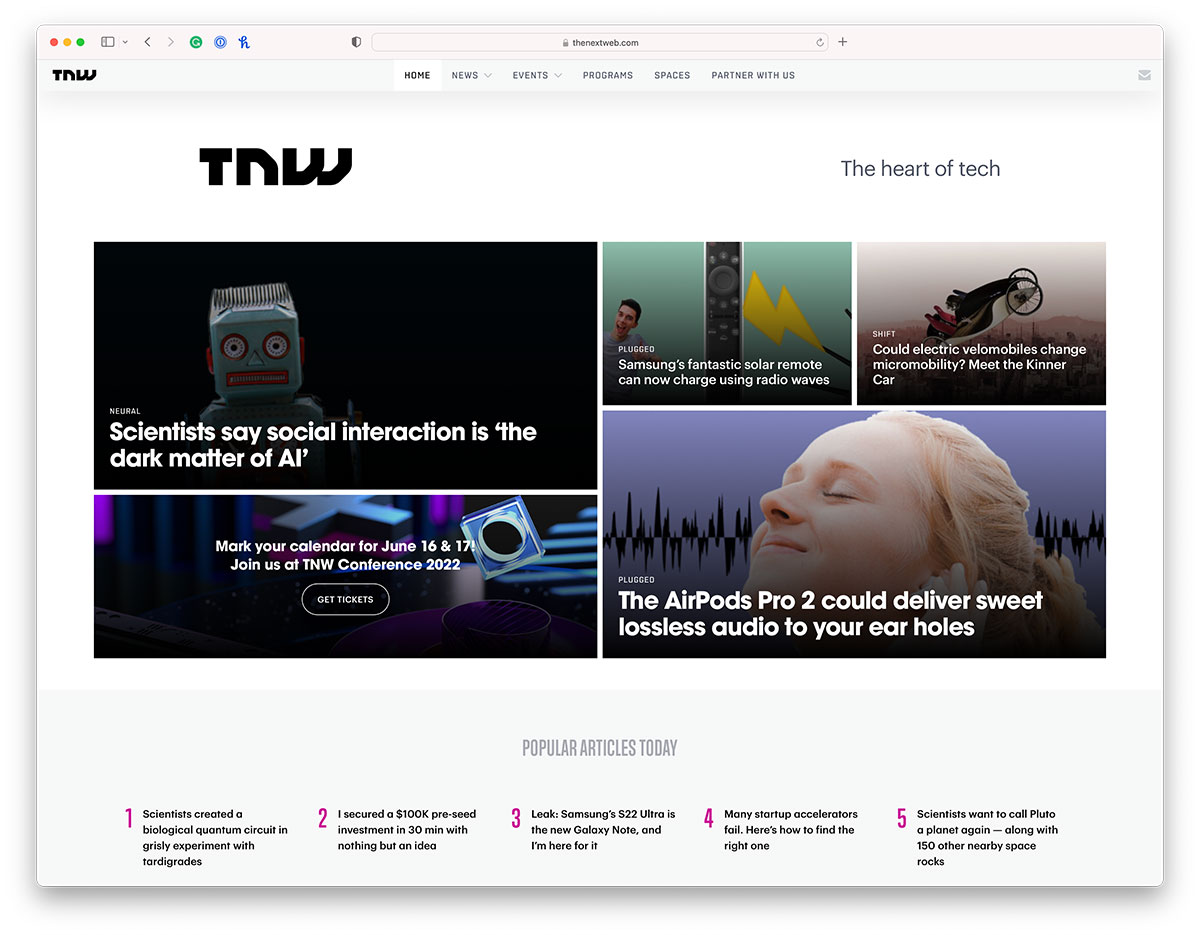See This Report about News Websites
See This Report about News Websites
Blog Article
Getting The News Websites To Work
Table of ContentsThe Buzz on News WebsitesWhat Does News Websites Do?Some Ideas on News Websites You Need To KnowExcitement About News WebsitesSome Ideas on News Websites You Need To Know
It was down in the UK and Brazil yet up a few other nations, such as Greece, Bulgaria, and Poland (News Websites). This year, for the initial time, we asked concerning the various manner ins which individuals stay clear of the information and discovered that around half of avoiders (53%) were trying to do so in a broad-brush or regular method for instance, by turning off the radio when the news came on, or by scrolling past the news in social media sitesYou said that you try to proactively stay clear of information.

I'm most likely selecting to learn more light-hearted stories than I used to at the minute. M, 51, UK Turning my back on news is the only means I feel I can deal often. I have to purposely make the initiative to avert for the sake of my very own mental health.
The Basic Principles Of News Websites
Selective avoidance of Ukraine information was highest in most of the countries closest to the dispute, enhancing findings from our additional survey in 2014, not long after the war had actually started. Our information may not suggest an absence of passion in Ukraine from nearby nations however rather a desire to manage time or secure psychological health and wellness from the really actual horrors of war.
Comparing Finland with a politically polarised country such as the USA (see following chart) that is less impacted by the battle, we locate a very different pattern of topic avoidance. In the United States, we discover that customers are more likely to avoid subjects such as national politics and social justice, where debates over problems such as gender, sexuality, and race have ended up being extremely politicised.
American national politics are quite poisonous nowadays. I discover sometimes that I have to disconnect from stories that just make me angry. F, 61, USA For some individuals, bitter and disruptive political discussions are a factor to shut off information entirely, however, for some political partisans, avoidance is typically regarding shutting sites out perspectives you don't intend to listen to.

See This Report on News Websites
Some are wanting to make information more accessible for hard-to-reach teams, broadening the news schedule, commissioning even more inspiring or positive news, or welcoming useful or remedies journalism that provide individuals a sense of hope or personal firm. In our study this year, we asked respondents regarding their passion in these different techniques.
This explains why stories like Ukraine or nationwide politics perform well with information regulars but can at the exact same time transform less interested individuals away (News Websites). Discerning avoiders are less interested in all types of news than non-avoiders yet in relative terms they do seem to be a lot more curious about positive or solutions-based news

Little Known Questions About News Websites.
2023). This might be real in the moment, yet gradually it seems to be leaving lots of people empty and much less pleased, which may be threatening our connection with and count on the information. Across markets, total depend on in news (40%) and rely on the sources individuals use themselves (46%) are down by a further 2 percent points this year.
Indeed, with the rear-view mirror, the COVID-19 trust bump is plainly visible in the complying with chart, though the instructions of travel later on has actually been mixed. Sometimes (e.g. Finland), the trust boost has actually been maintained, while in others the upturn looks even more like a YOURURL.com spot in a story of ongoing lasting decline.
A few of the highest reported levels of media objection are located in countries with highest degree of mistrust, such as Greece, the Philippines, the USA, France, and the UK. The most affordable degrees of media objection frequent those with greater degrees of trust, such as Finland, Norway, Denmark, and Japan.
10 Easy Facts About News Websites Described
This year we asked participants concerning their choices for message, audio and video when consuming news online. On standard, we locate that the bulk still like to check out the news (57%), rather than watch (30%) or listen to it (13%), yet more youthful individuals (under-35s) are more probable to listen (17%) than older teams.
Behind the standards we discover considerable and unexpected country distinctions. In markets with a solid reading tradition, such as Finland and the UK, around eight in ten still favor to review on the internet news, but in India and Thailand, around 4 in ten (40%) say they favor to see information online, and in the Philippines that proportion mores than fifty percent (52%).
Report this page